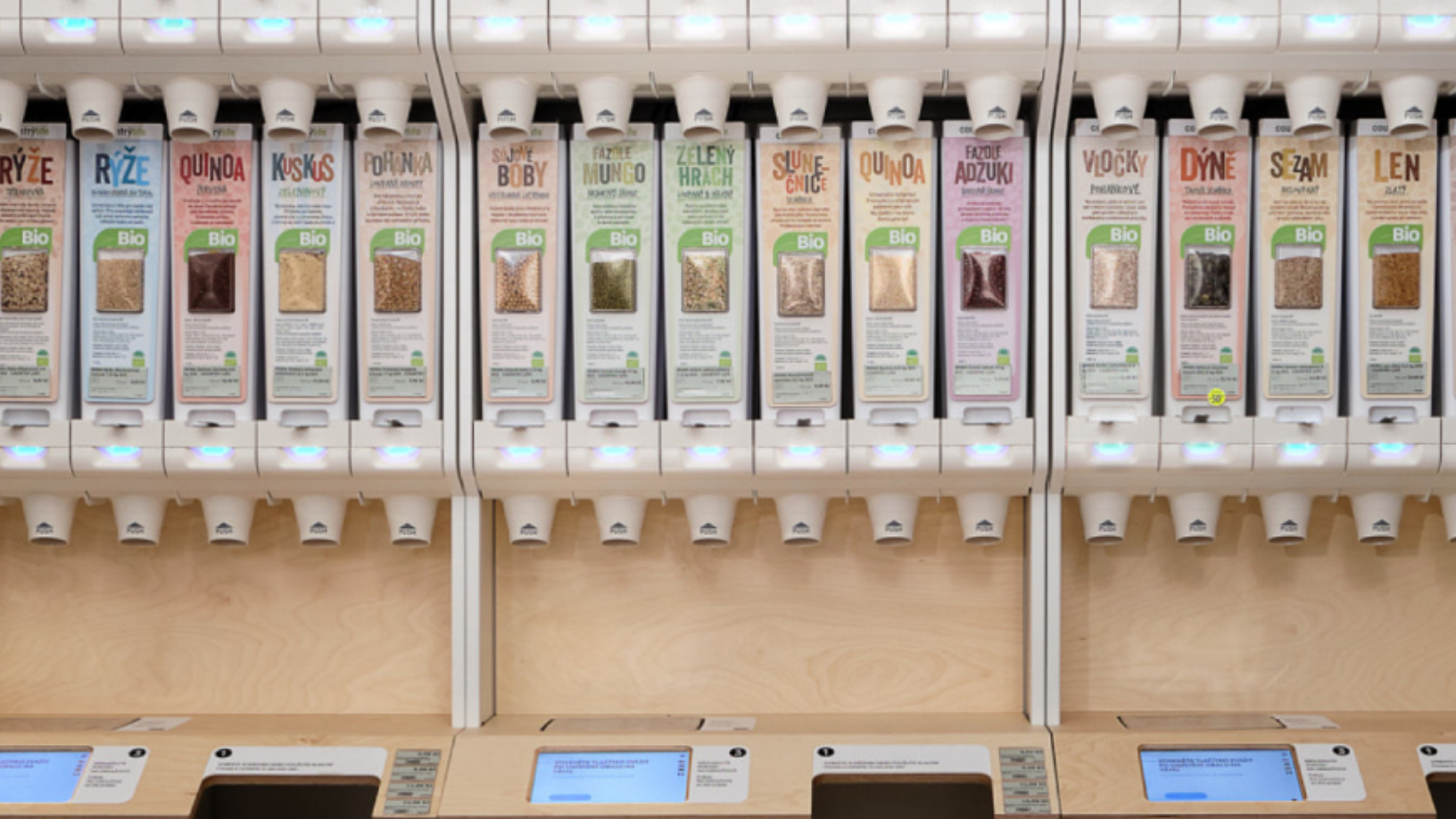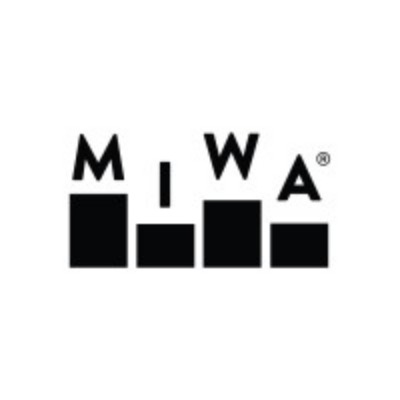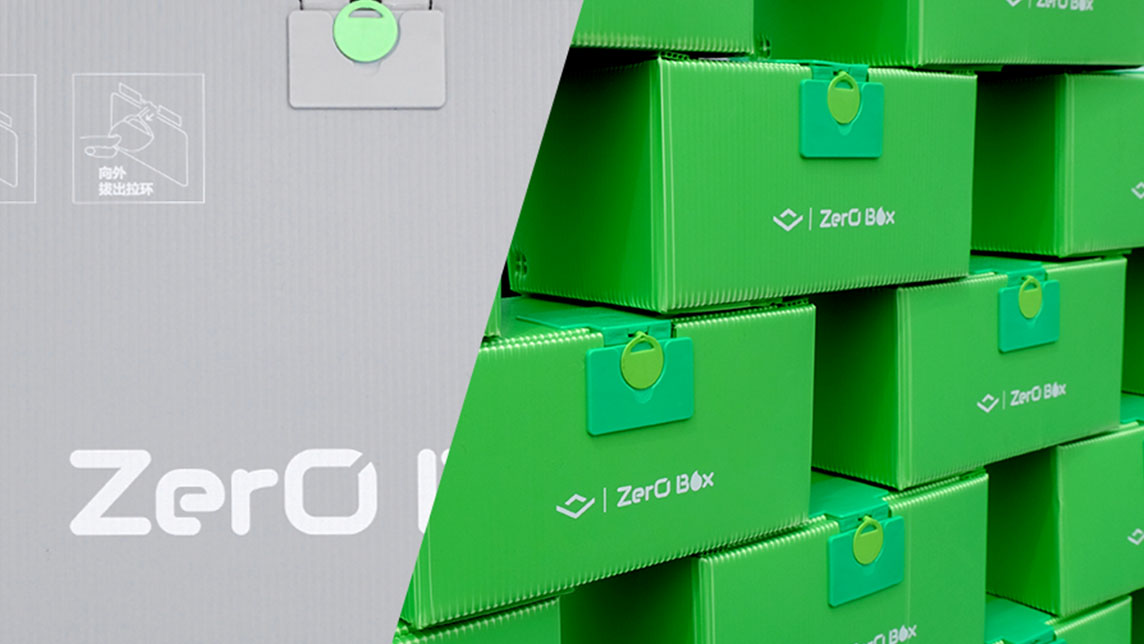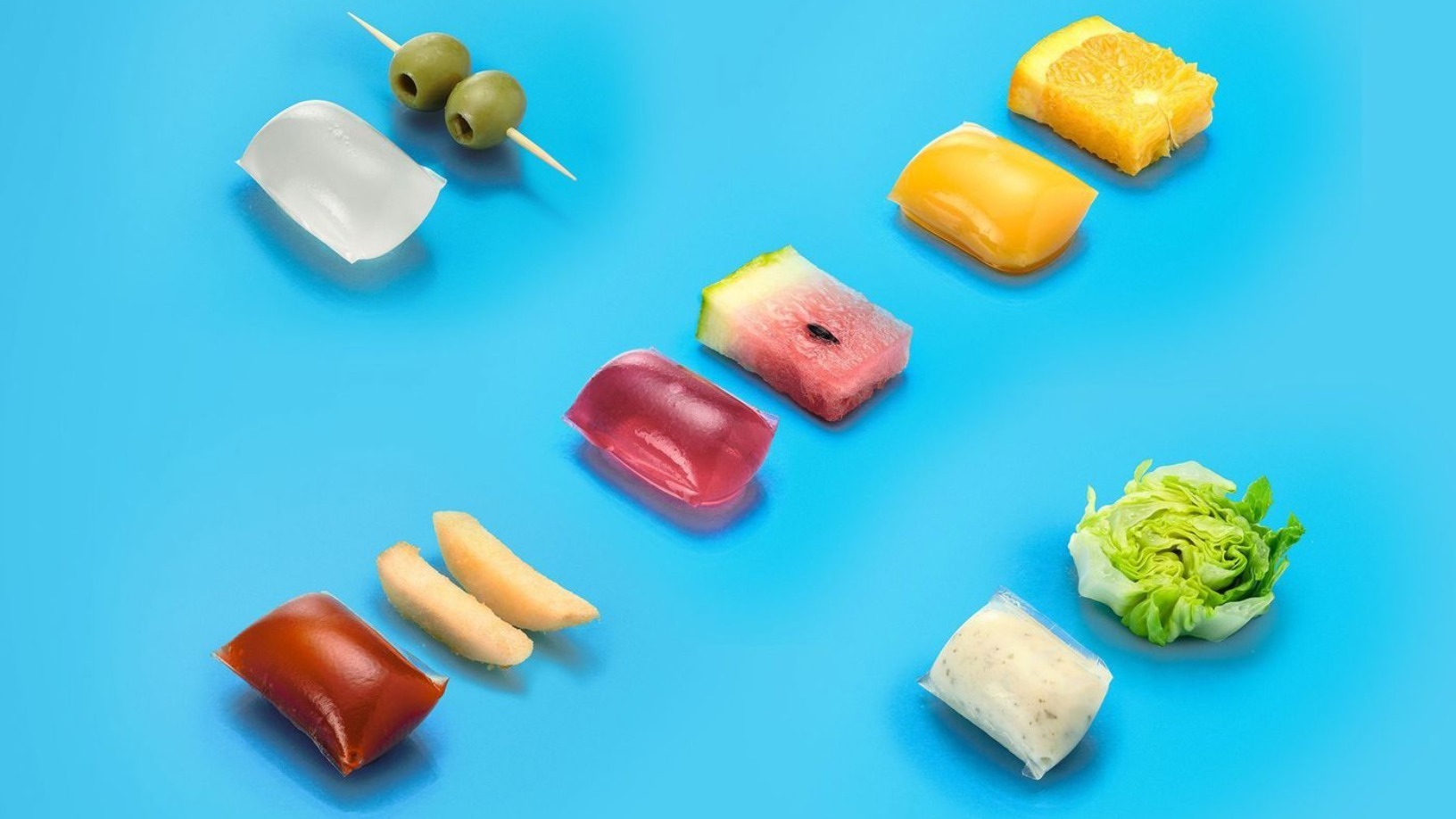As businesses scramble to look for ways to comply with the EU’s single-use plastics ban by 2030, Czech startup MIWA Technologies has come up with a set of quick-fix solutions for the food sector.
"To really turn off the plastic tap, shopping with reusables must become a new normal,” said its CEO and founder Petr Báča. "And this is why MIWA solution is here. Our system engages producers, retailers and shoppers into one business ecosystem where everybody benefits and everybody helps to make the delivery and shopping more sustainable.”
In 2019, after a year-long acceleration program with circular economy non-profit Ellen MacArthur Foundation, MIWA finally launched its smart, IoT-based modular storage and vending system in Prague, which it says completely removes single-use plastics from the B2B2C supply chains.
The same year, the award-winning startup secured its first funding for expansion at home and abroad from Tilia Impact Ventures, the Czech Republic’s first social impact investor. After two successful pilots, Swiss food and beverage (F&B) conglomerate Nestlé has recently started deploying MIWA’s modular vending solution in 16 own-brand stores in Switzerland.
With the easing of Covid-19 restrictions and the re-opening of retail outlets in Europe, MIWA has expanded into France early this year and plans to move into Germany soon. MIWA also partnered with product packaging company Aptar Food + Beverage in 2020 and the duo has just launched a pilot project in the US.
How it works
A life cycle analysis of MIWA's circular economy model by Prague's University of Chemistry and Technology found that the smart dispensing solutions could be used to reduce environmental issues, such as excessive water usage, wastage and toxic emissions, by up to 71% compared with traditional retail systems.
MIWA operates a B2B subscription model, providing clients like food producers with 12-liter capacity smart, reusable containers that can be filled with various types of products and vacuum-sealed to prevent any contamination or air leakages that may occur in conventional storage and vending systems.
Each MIWA container for businesses has a smart label that is embedded with a microchip. The product is protected inside recyclable pouches or capsules in the containers that are sent to the retail outlets to be inserted into MIWA's modular display and storage system equipped with electronic dispensers.
The smart label acts as a batch ID with detailed product information stored in the Cloud and relayed to the retailer's stock system. The product information includes details about the manufacturer, product origin and other product characteristics such as allergens and expiration dates.
Customers can bring their own reusable containers, or buy MIWA smart cups, to fill up with the products dispensed by the vending machines. The modular stand also has a product screen displaying prices and an integrated scale to measure the required amount of the product being purchased. The smart vending machine will also transmit the sales data in real-time to the retail company.
Smart shopping cups
The consumer’s smart shopping cup has an in-built weighing scale and a microchip that will also relay the same retail information to the MIWA app. Customers can use the app to pre-order and pay for their purchases. Other advantages of the smart system include the ability to identify each product batch ID, saving time in logistics by allowing all the smart containers to be automatically scanned for inventory control.
Under its SaaS all-inclusive service, MIWA will collect the empty containers and clean them thoroughly before returning them to the retail outlets. Monthly subscription rates vary according to the turnaround time for replacement of the required number of smart containers and cups to the B2B clients.
Besides supplying stores and agro-producers, MIWA also runs its own store in the heart of Prague. The Minimum Waste outlet sells food products using the smart vending technology and organizes workshops and exhibitions about the circular economy and plastic waste.
Prior to the 2019 pilot launch, MIWA won first prize at the Circular Design Challenge event organized by the Ellen MacArthur Foundation and the Prince of Wales’s International Sustainability Unit. Competing against over 600 entrants, MIWA clinched the cash prize of $200,000 and a year's acceleration program to boost the R&D of the smart vending technology.
In 2019, the startup became one of three winners at the European Commission's European Social Innovation Competition. Pitching against 543 entrants, MIWA managed to win a cash prize of €50,000. In 2018, MIWA also reached the finals at the Green Alley Award competition, the first European circular economy award for startups launched by the Landbell Group in 2014.
Scaling FMCG business
Báča also runs a 25-year-old brand and advertising agency. The idea for MIWA was inspired by his increased awareness of sustainability issues as a parent and from his observations of high levels of single-use plastic waste while working in packaging design. As a result, he began looking for ways to eliminate the need for single-use packaging materials throughout the whole supply chain, from primary producers to end-consumers.
According to Eurostat, about 174 kg of packaging waste were generated by each EU resident in 2018. Just over 66% of the waste was actually recycled for the same period. In recent years, the number of packaging-free stores has continued to grow exponentially, with potential demand from the bulk-buy sector estimated to be worth at least €1.2bn in sales revenue by 2030, according to the Zero Waste Europe report.
MIWA aims to tap into the fast-growing zero-waste packaging market and fill the gap by differentiating itself from other zero-waste enterprises. The generally smaller independent suppliers use more traditional procurement systems that don’t meet the stringent QA standards of global FMCG brands, according to MIWA. The startup believes that MIWA smart vending can cater to the demands of major agro-producers and large retail chains, in terms of storage and scaling services to support global supply chains.
“So far, I am not aware of any comparable solution on the market: There might be several reasons. MIWA is dealing with the whole supply chain and to design and implement such solution is challenging in the first place,” Báča said. “Also, I think that such a solution targeting the modern trade market together with renowned producers is very difficult to design from inside the retail eco system.”













